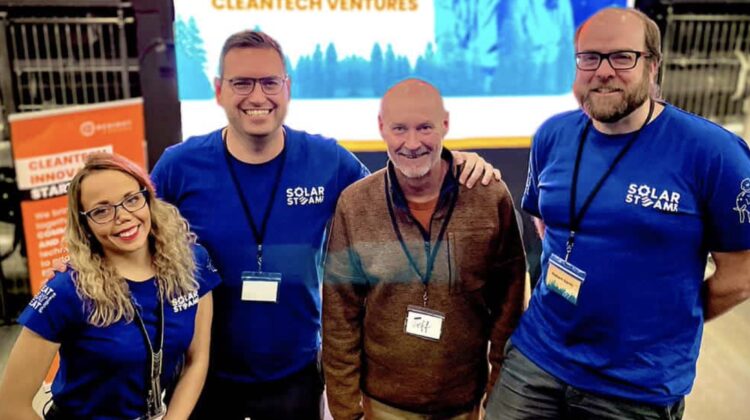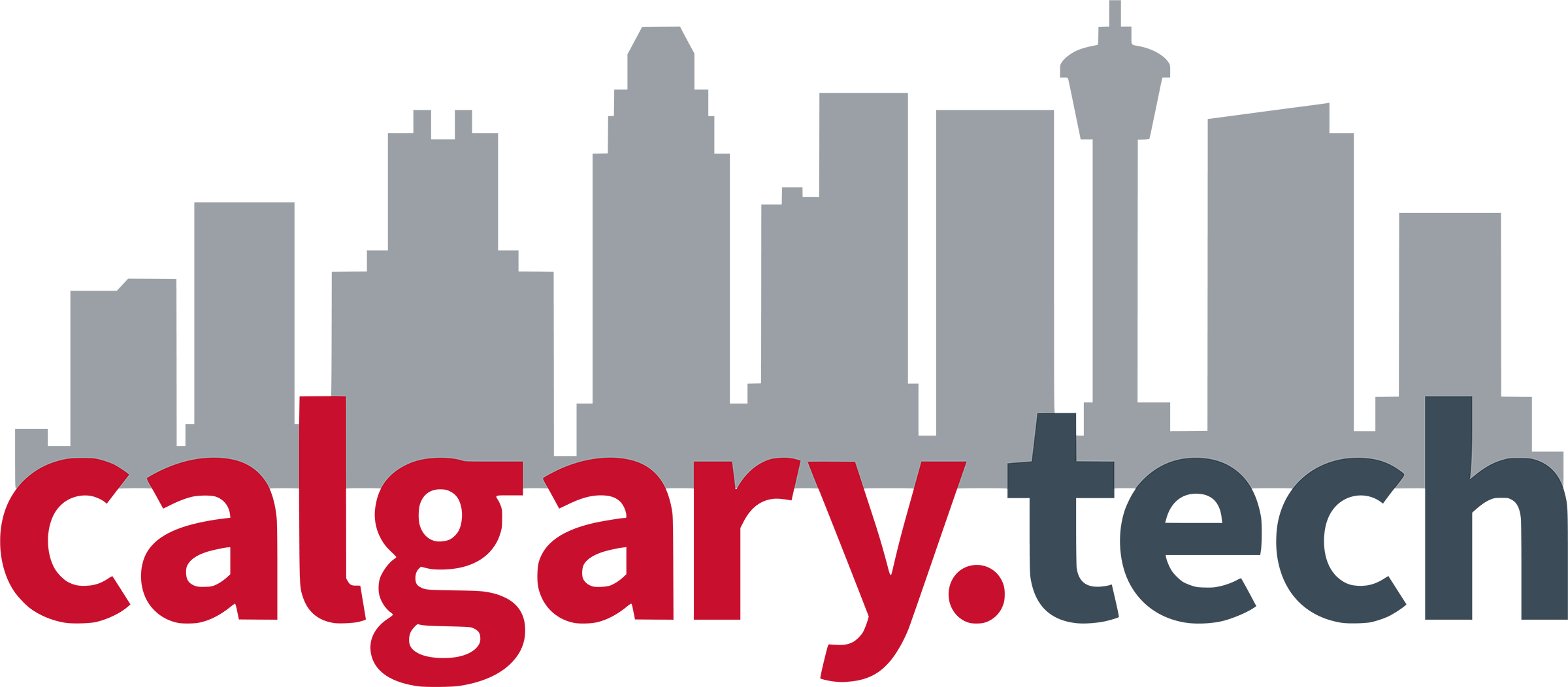
Last year, the Canadian Broadcasting Corporation posited that the province of Alberta was on the verge of a “solar power gold rush.”
Not long after, the federal government unveiled $160 million in investment for an array of solar projects across Alberta, and has since followed up with even more investments in solar in the region.
But beyond implementing solar projects, Canada also needs clean energy innovation.
According to Foresight Canada, which wants Canada to be the first net-zero country, “climate change” could become “climate catastrophe” if we don’t “take drastic action.”
Thus an inaugural cohort of a nine-month program designed to accelerate critical climate technologies has been unveiled—and a solar startup from Alberta is participating.
“We need to both rapidly deploy existing technologies, and support emerging climate tech that has the potential to massively reduce or remove emissions by 2050,” writes Foresight senior director Barnabe Geis in an introduction to the cohort.
Earth Tech: 2050, delivered in partnership with Social Innovation Canada, will host 11 eco-startups from across the country.
Within the province, Calgary’s SolarSteam is rethinking how we collect energy from the sun.
The ideal of solar-tech is simple, but current iterations have significant drawbacks, including solar panels themselves—clunky, fragile hunks of metal which aspire to be eco-friendly and cost-effective but often fall short of these goals in many conditions and climates.
SolarSteam’s solution uses curved mirrors inside an enclosure to concentrate the sun’s energy into a receiver. The transparent enclosure, constructed to withstand extreme conditions, is designed to increase the efficiency and longevity of solar panels.
“By protecting the solar collectors from harsh weather,” SolarSteam explains, “we can increase efficiency and reduce capital cost by allowing for lightweight materials that don’t require robust foundations and expensive controls.”
According to the company, its novel system has been optimized to provide structural support while still minimizing shade interference and maximizing light transmission through “a tough but remarkably clear membrane” that forms the outer shell.
The enclosure is not only durable and lightweight, however.
“Our system is designed with modularity in mind,” SolarSteam says. This allows for ease in shipping, construction, scalability, and maintenance.
SolarSteam claims its tech “can help reduce GHG emissions by up to 50% compared to fossil fuel-powered heat generation.” The company further believes that it can improve the financial performance of energy systems by up to 40% through data-driven reporting.
Founded in 2017, SolarSteam was last year named to the Foresight 50 and was also a finalist for Venture of the Year at the regional Cleantech Awards.



Leave a Reply